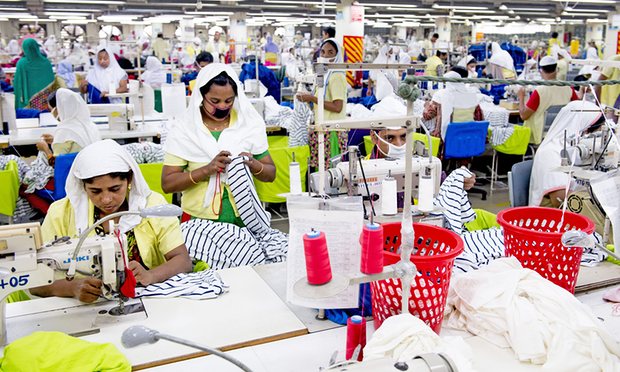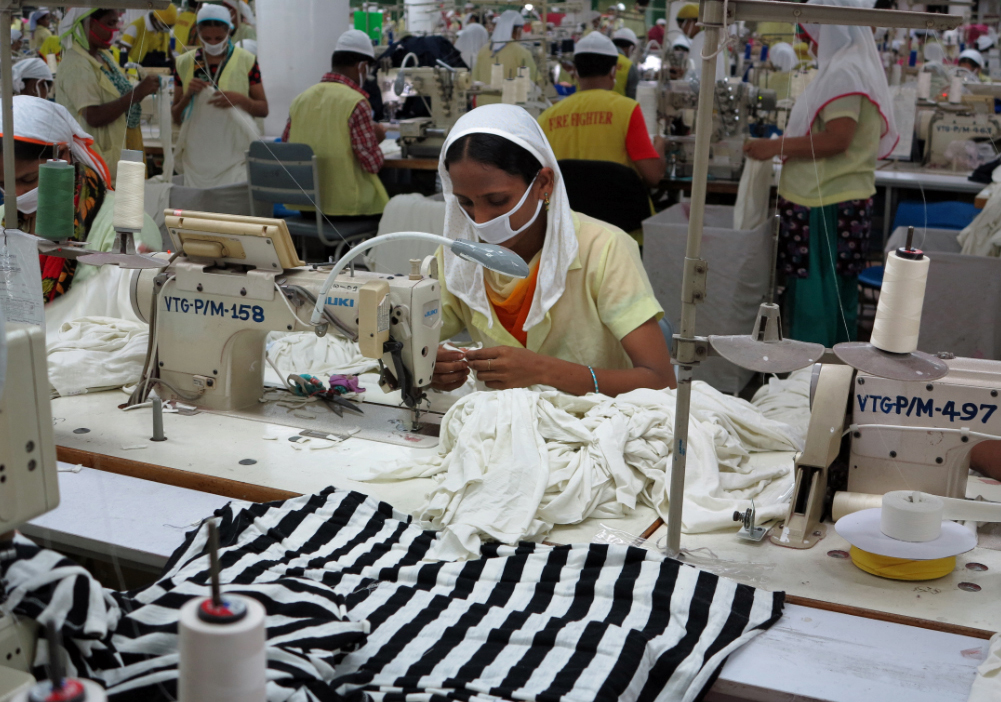
The world’s poorest countries could lose more than £320m a year if their existing trade agreements with the UK market are not maintained in the event of Brexit, a new series of essays published by the Overseas Development Institute (ODI) and the UK Trade Policy Observatory has warned.
The authors said emerging markets in Africa, the Caribbean and the Pacific are at similar risk, and could lose up to £172m annually once the UK leaves the EU, as developing countries currently benefit from preferential access to the British market through the EU’s trade policy.
Under the EU’s generalised scheme of preferences (GSP), developing countries pay little or no duty on their exports to Europe, while the Everything But Arms treaty gives the world’s least developed countries (LDCs) duty- and quota-free access to all products except arms and ammunitions.
The director of the UK Trade Policy Observatory, Professor Leonard Alan Winters, who authored one of the essays, said a failure by the UK to maintain preferential trade deals could have unfavourable consequences for both trade and foreign policy.
“A number of developing countries – take Kenya, for example – have got serious export industries who sell to the UK,” Winters said. “If suddenly they ended up with some tax bill of an extra £2m in order to sell their current amount in the UK, they’d search out [sales] to other markets.”
The devaluing of the pound has already had an impact on developing countries, as remittances – estimated by the World Bank at $9.3bn (£7bn) in 2015 – are now worth considerably less than before the referendum. This devaluation, coupled with lower GDP in the UK, has already cost LDCs $500m in trade (pdf), according to ODI estimates.
Other economists, including the Brookings Institution’s Homi Kharas, worry that a sluggish UK economy and weak currency will result in developing countries struggling to find the resilience to cope, as “they have fewer instruments at their disposal to cushion some of these shocks”.
Britain has spent the past four decades in a soft power approach, using market-friendly trade policies as a means of broader policy leverage, including using aid to help countries diversify their trade. But the UK could be in for a difficult adjustment post-Brexit: despite being the fifth-largest economy in the world, the country is little more than “a small open economy”, said Winters, the result being that “trade policy will become trade policy, not foreign policy”.
Yet Britain could boost its economy by more than £5bn if it negotiated free trade agreements with major emerging markets – including Azerbaijan, Brazil and China – which the EU has not yet negotiated, argued Dirk Willem te Velde, head of the International Economic Development Group at the ODI.
“Developing countries also gain through cheaper imports [under this scenario], assuming there is no trade diversion,” writes Te Velde in the report.
As the UK will be expected to invent an entirely new trade policy over the next few years, it would be in Britain’s interest not to overlook developing countries and the role they have in the UK market, said Winters. He recommended a transitional period of four years following Brexit, during which poorer countries would receive the same market access they have now (or better).
As Brexit closes some doors – potentially on hundreds of thousands of European labourers who pick fruit and work in dairy farms – it could very well open others for the developing world, said Winters.
“We will need labour for horticulture and agriculture, and one of the things we could do is think about this as a tool for development,” he said. “Britain could decide it could select a few developing countries – just a few – [for labour purposes] and that could bring quite serious potential benefits to those countries.”

